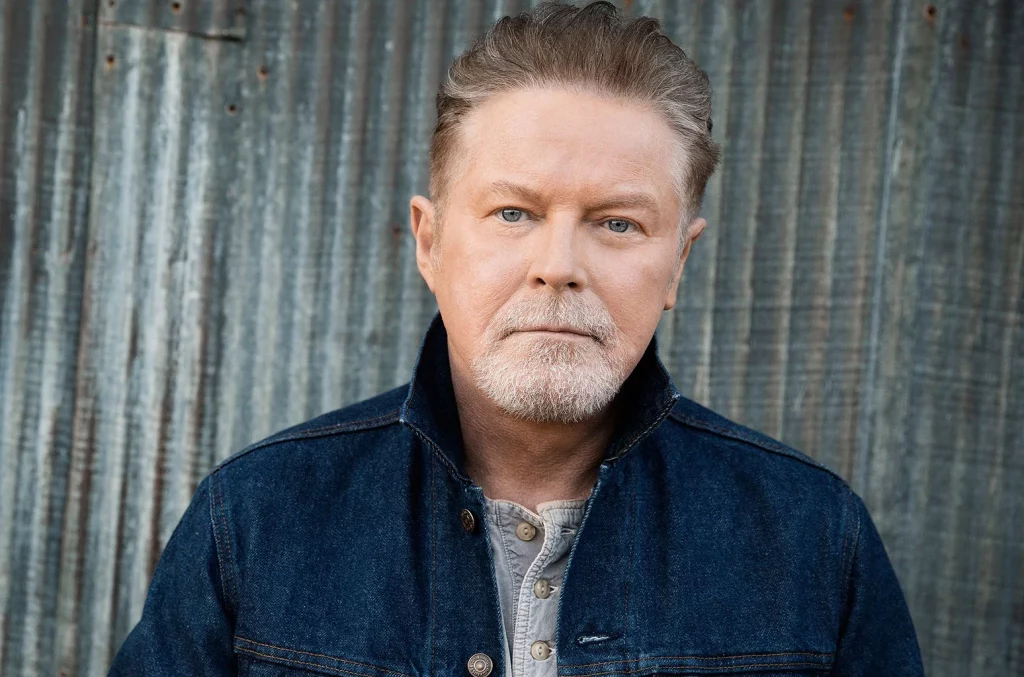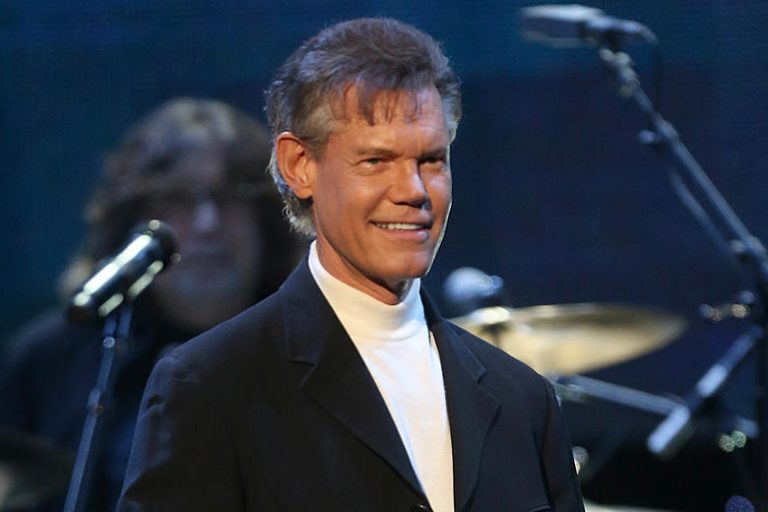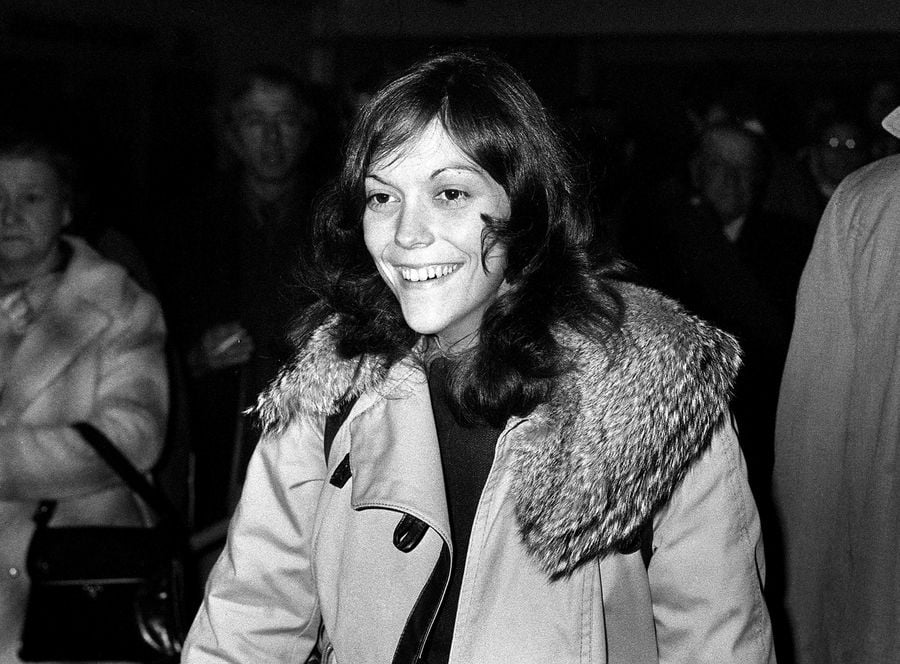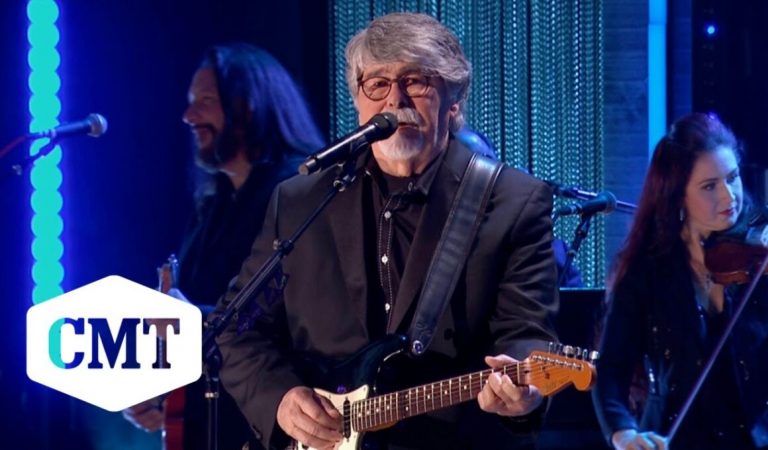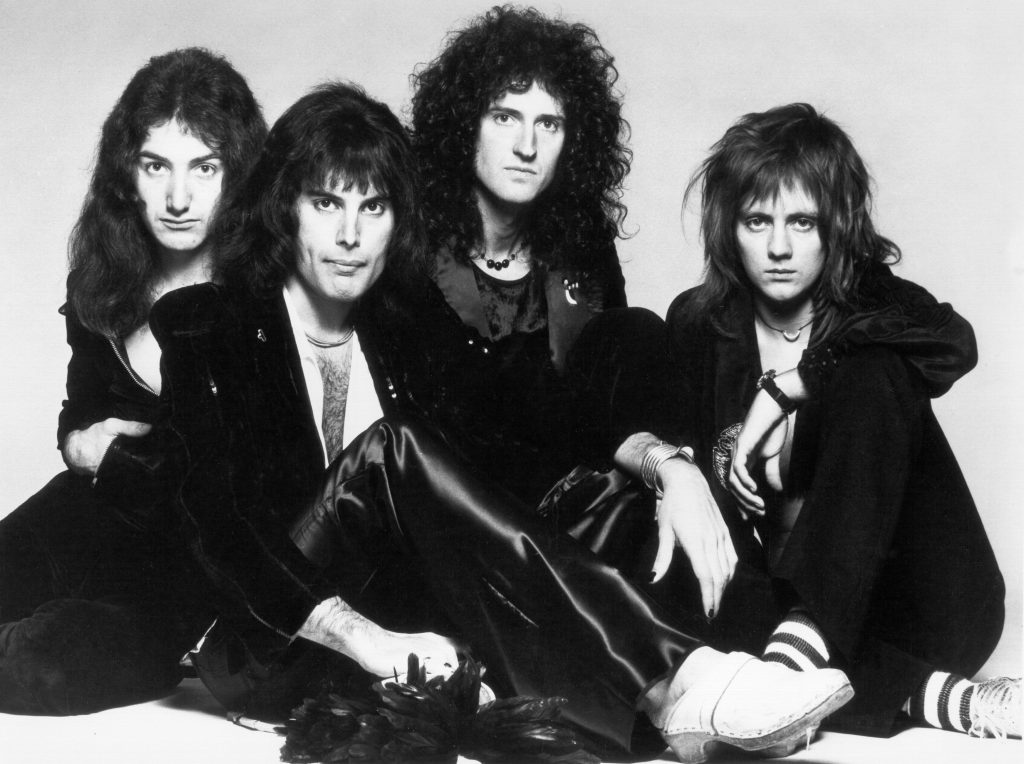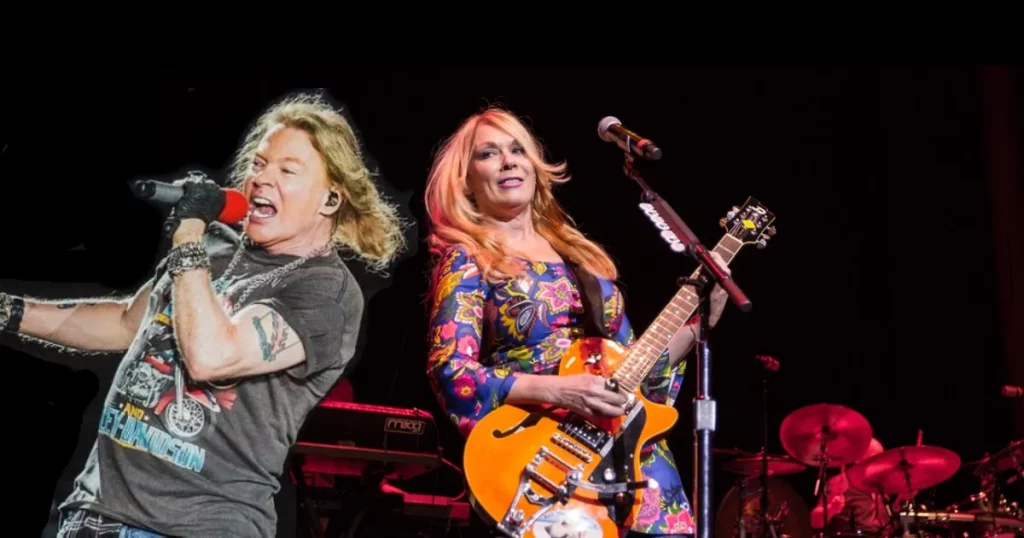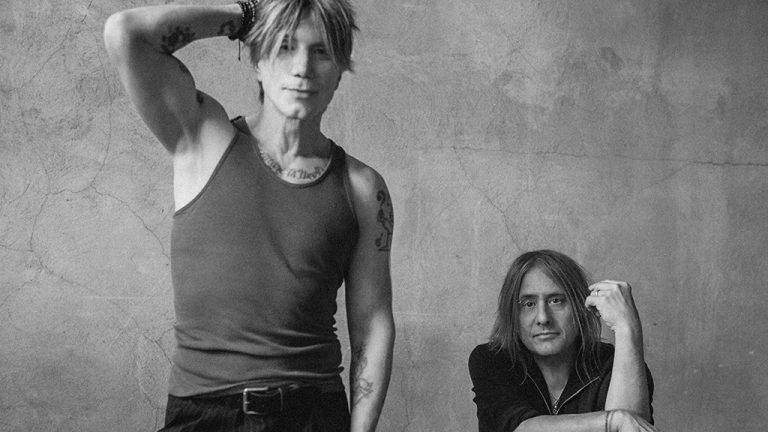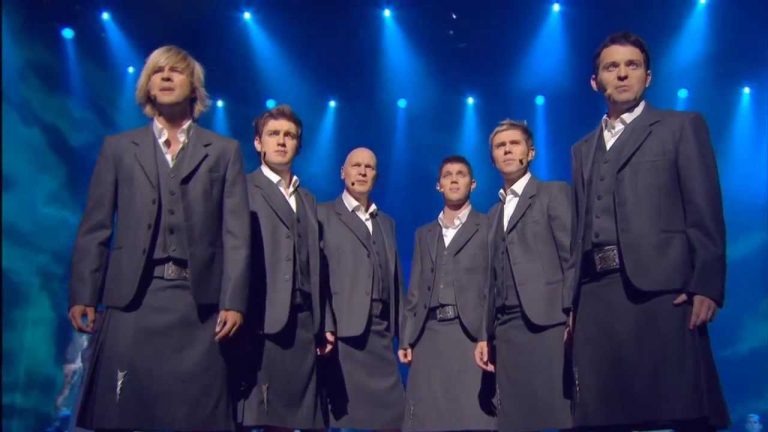It was an ordinary evening in Los Angeles when extraordinary news struck: Randy Meisner, the quiet founding member of the Eagles and the soaring voice behind Take It to the Limit, had passed away. Across the globe, candles flickered, vinyl spun, and fans clung to lyrics that had carried them through decades. Yet through all the tributes, one voice remained silent — Don Henley’s.
For days, Henley said nothing. No press release, no social media posts, not even a whisper. The world waited, knowing that his words would matter. Henley wasn’t just a bandmate. He had been a witness to every triumph, every fight, every fracture that built one of rock’s most iconic bands.
When Henley finally broke the silence, his message was not the polished language of a publicist. It was raw and unfiltered — the kind of confession that only grief can rip from someone’s chest.
“Randy was the soul we didn’t deserve,” Henley wrote. “People talk about the Eagles like we were machines — record after record, tour after tour. But without Randy, there would have been no Eagles. He brought tenderness when all we had was fire. He carried us when we thought we were carrying him.”
The honesty stunned fans. Meisner’s exit in 1977 had long been clouded by stories of conflict and exhaustion. His departure was often painted as a crack in the foundation that never fully healed. To hear Henley, the band’s notoriously guarded leader, call Randy irreplaceable was a revelation.
The most striking moment came when Henley spoke about Take It to the Limit, the ballad that had cemented Randy’s place in music history.
“Every night we played it, I knew we were asking too much of him,” Henley admitted. “But Randy… he gave everything, even when he didn’t have it left to give. That song belongs to him. It always has. It’s not an Eagles song — it’s Randy’s song.”
Those words reframed the legacy of Take It to the Limit. For years, the Eagles performed it with other singers after Randy’s departure. But now, Henley had declared it sacred, untouchable — forever Randy’s.
Fans reacted instantly. Old footage of Meisner’s breathtaking high notes from the 1970s resurfaced online, spreading like wildfire. Listeners wept as they heard the final chorus anew: “Take it to the limit, one more time…” now transformed into a farewell.
“He was the limit,” one fan posted. “And he carried us there.”
Another wrote: “Henley never talks like this. If he says Randy was the soul of the Eagles, that’s gospel.”
Henley went further, addressing the tension that had haunted the group for decades.
“We were young, arrogant, proud,” he confessed. “We fought over everything — songs, money, egos. Randy hated the conflict. He wasn’t built for it. And still, he stayed longer than he should have, because he loved us. He loved the music. I wish I had told him then what I understand now — that none of it mattered more than the man he was.”
It was a rare moment of vulnerability from Henley, a man often cast as the calculating general of the Eagles. For many, it felt like long-overdue closure — not just for the band, but for the millions who had carried its music in their own lives.
A Legacy Rewritten
Music critics quickly declared Henley’s statement historic. One reviewer wrote: “This isn’t just a eulogy — it’s a rewriting of the Eagles’ story. By naming Randy as the heart of the band, Henley has changed the legacy forever.”
Artists across genres joined in. Sheryl Crow tweeted: “Thank you, Don, for saying what we all knew — Randy was magic.” Vince Gill, now touring with the Eagles, posted a clip of himself singing Take It to the Limit with the caption: “This one is yours, Randy.”
A Final Note
Henley ended his tribute with a line fans say will outlive even the band itself:
“Legends don’t die. They turn into songs. And Randy’s song will never stop playing.”
Those words gave permission to mourn — but also to celebrate. To remember not the fractures, not the feuds, but the music that bound millions together.
The Eagles’ catalog will keep echoing through speakers and stadiums. But from now on, every chorus of Take It to the Limit will carry new meaning — not just as a classic, but as Randy Meisner’s soul, preserved in melody.
And with Henley’s unexpected vulnerability, the world was reminded of something simple yet profound: even legends are human, and even the hardest hearts eventually bow to truth.
Because Henley was right. Legends don’t die.
They become songs.
And Randy Meisner’s song is still playing.

